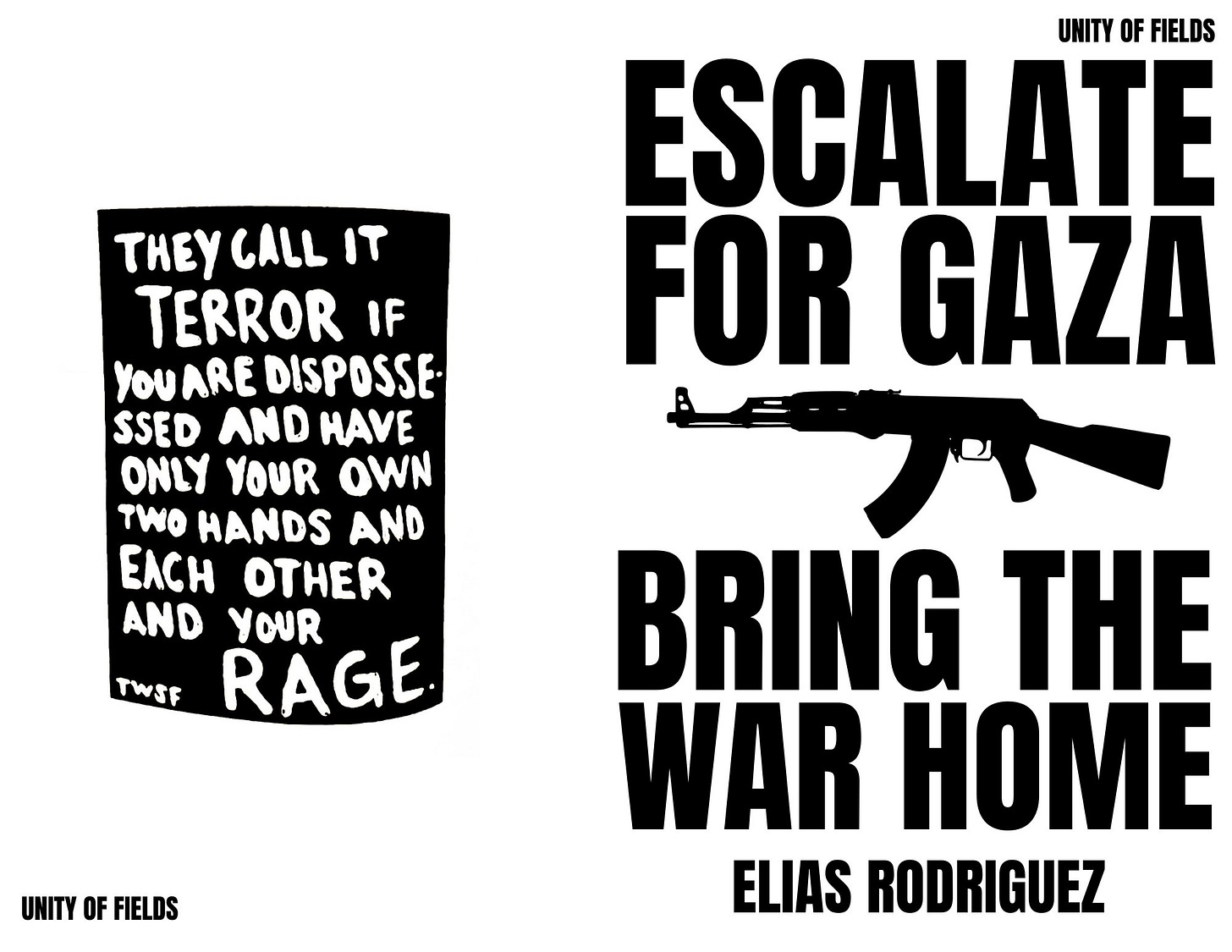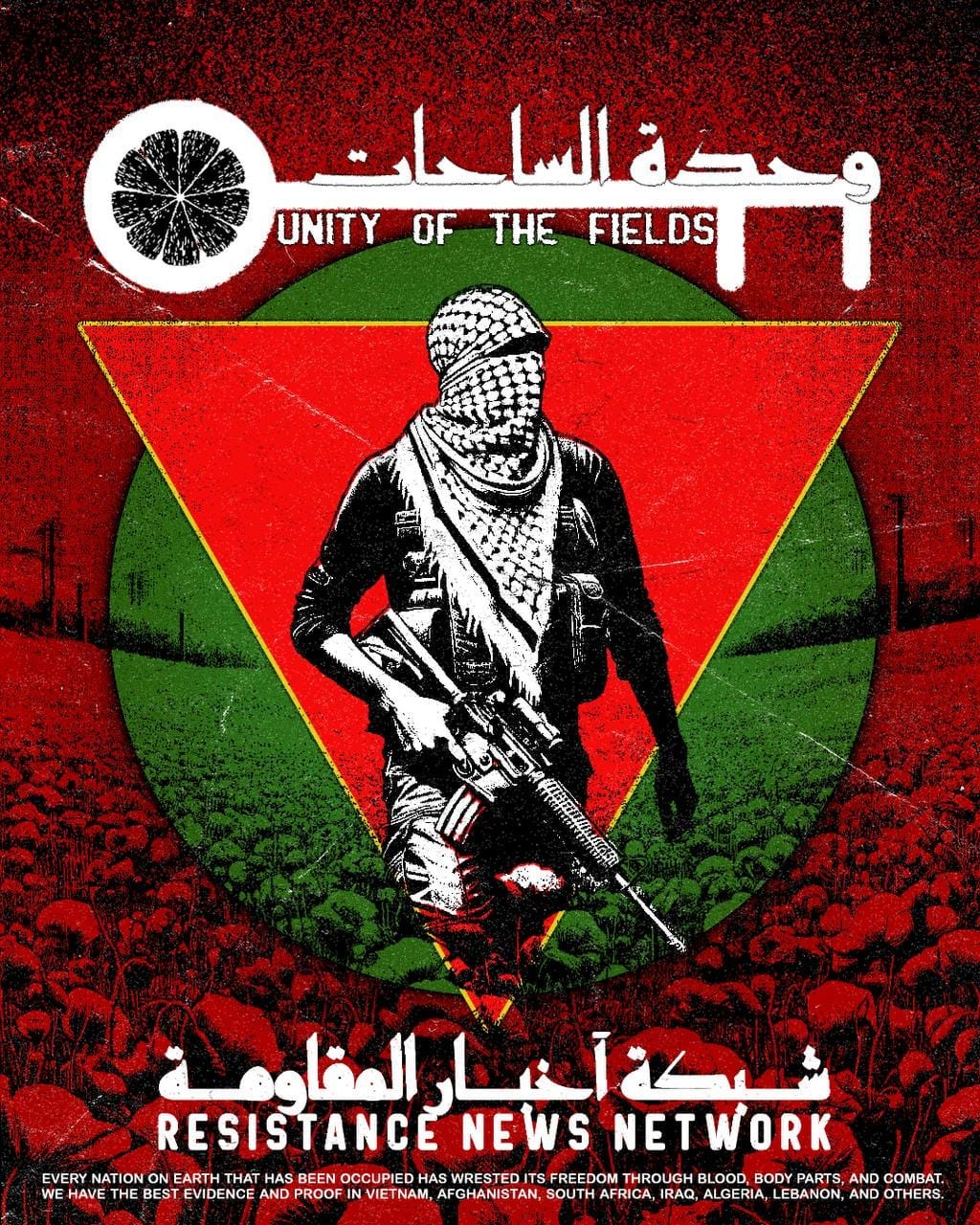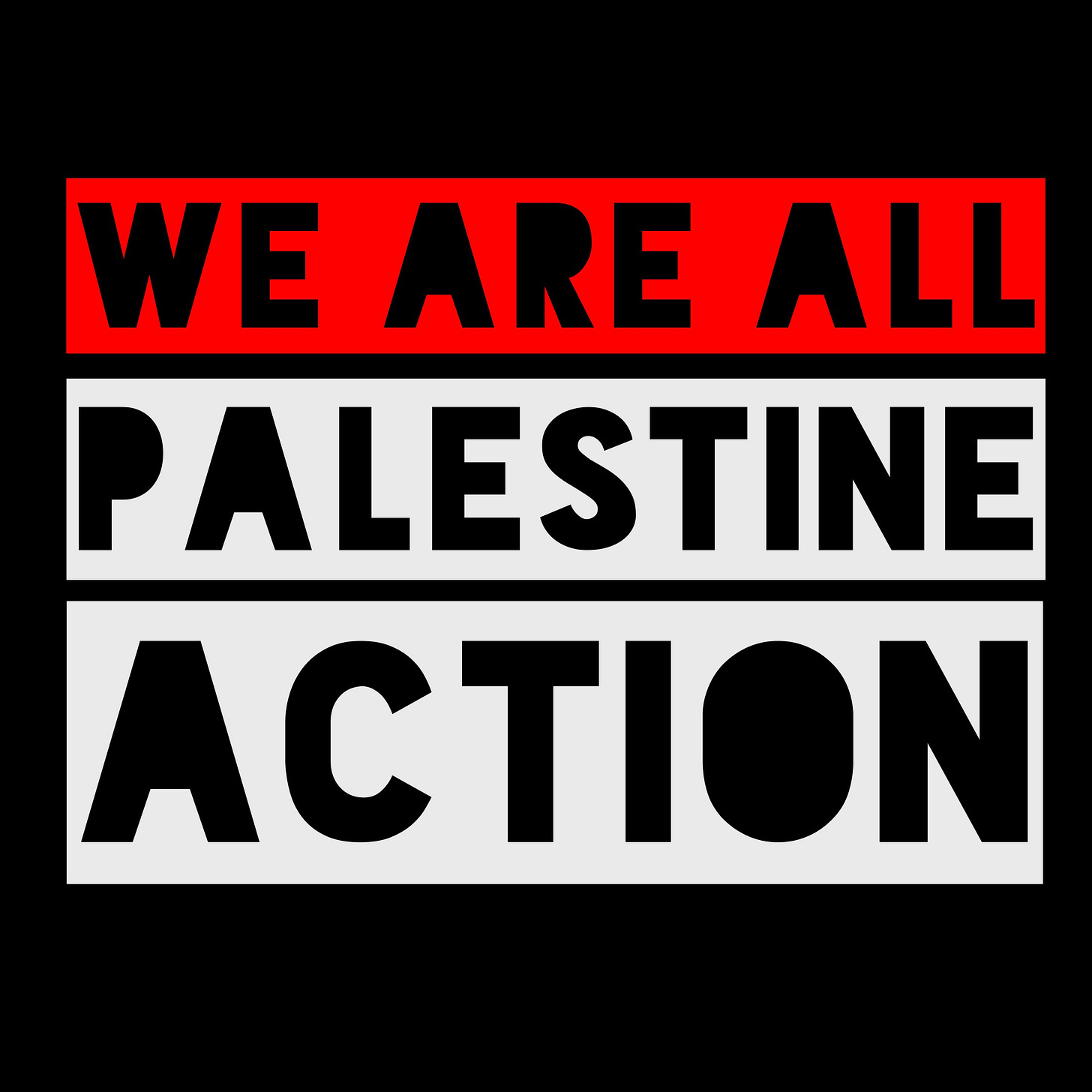UK to Ban Palestine Action, Opening Door for U.S. Action Against "Unity of Fields"
The upcoming ban comes after a break-in at RAF Brize Norton, where activists vandalized aircraft. The move opens the door for the U.S. to designate the group's U.S.-based offshoot, Unity of Fields.

The UK is moving to outlaw the protest group Palestine Action under terrorism legislation, following a break-in at RAF Brize Norton where activists vandalized military aircraft, in a notable breach of security. Home Secretary Yvette Cooper is expected to bring the proscription case to Parliament in the coming days. If approved, it would be a criminal offense to belong to the group, support it, or promote its activity.

This opens the door for the United States to consider similar action against Unity of Fields, a U.S.-based offshoot of Palestine Action, which mirrors its tactics and rhetoric. Like its UK counterpart, Unity of Fields has gone further by promoting propaganda from U.S.-designated terrorist organizations and endorsing acts of political violence — including publicly praising Elias Rodriguez, the man accused of fatally shooting two Israeli embassy staffers outside the embassy in Washington, DC earlier this year.
The group’s name is not incidental. “Unity of Fields” is a direct reference to a military doctrine promoted by Iran’s proxy network — including Hezbollah, Islamic Jihad, and other Tehran-backed groups — that envisions a coordinated regional front to fight Israel and the United States. The doctrine calls for unifying different “fields of resistance” across Lebanon, Syria, Iraq, Yemen, and Palestine into a single strategic bloc.

Earlier this month, Apple removed Unity of Fields’ Telegram channel, cutting off a key communication platform the group had used for distributing content and organizing actions. While the takedown attracted little public attention, it signals that major tech companies are already beginning to clamp down.
Amnesty International UK's Questionable Criticism
Amnesty International UK has been outspoken in its opposition to the proscription, calling it an inappropriate use of counter-terrorism powers. "Terrorism powers should never have been used to aggravate criminal charges against Palestine Action activists, and they certainly shouldn't be used to ban them," the group said in a statement. This criticism is notable, given the nature of Palestine Action's activities, which have included acts of direct sabotage targeting military infrastructure.
Amnesty’s stance appears at odds with the gravity of Palestine Action’s recent actions, which go far beyond peaceful protest and into the realm of criminal disruption. While Amnesty is committed to defending the right to free speech and protest, supporting a group that engages in vandalism and celebrates violent acts seems out of step with the broader human rights agenda.
What a Ban Would Mean
Under the UK’s Terrorism Act 2000, the home secretary has the authority to proscribe any group considered to be “concerned with terrorism.” If Parliament agrees, Palestine Action would join 81 other banned organizations, and its members could face arrest and prosecution.
The proposal has support across party lines. Figures including Reform UK leader Nigel Farage and former Home Secretary Suella Braverman have publicly backed the move. Braverman called it “absolutely the correct decision.” Prime Minister Keir Starmer called the incident “disgraceful.” Counter-terrorism police have opened an investigation and a broader review of base security is now underway.
Palestine Action responded defiantly: “If they want to ban us, they ban us all,” the group posted on social media.

Implications for Unity of Fields
With the UK moving to designate Palestine Action as a terrorist group, U.S. authorities now have a clearer precedent — and a practical opening — to begin evaluating Unity of Fields under federal domestic terrorism frameworks. Whether or not that happens, the landscape is shifting fast. What began as a protest network is increasingly being treated as something far more serious.
As Ryan Mauro, an investigative researcher with the Capital Research Center, notes:
“Palestine Action in the UK, which has a branch in the U.S. named Unity of Fields, is undeniably a terrorist group and the U.S. State Department and Treasury Department should have designated them as such a long time ago. The British ban strengthens the legal case for doing so. But even if the U.S. designated this group, the problem remains that there are many significant terrorist groups that are not formally designated and there isn’t a justifiable explanation of why this is the case.”
Mauro's statement highlights the urgency of addressing the increasing cross-border nature of militant groups and the difficulties authorities face in officially labeling and targeting them. The designation of these groups remains a challenge, especially when some groups continue to evade formal terrorism status despite their actions.


